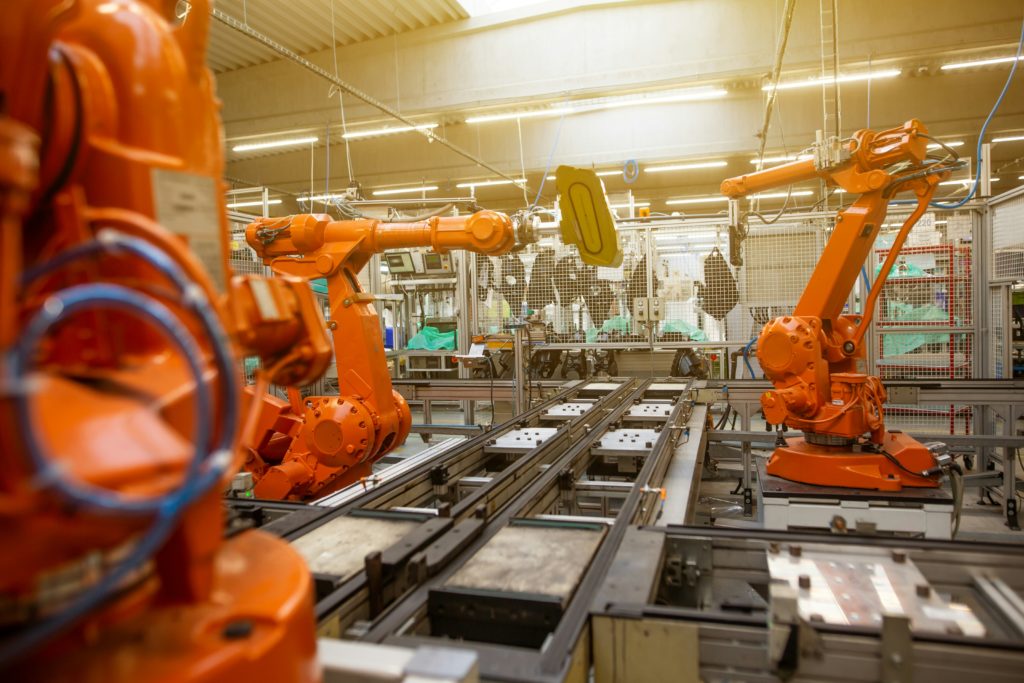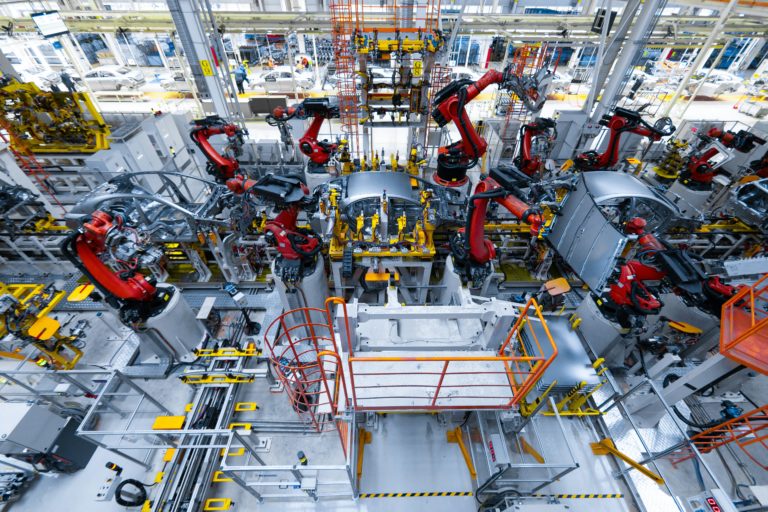Machine downtime is one of the major challenges facing industry. With its direct impact on productivity and profit margins, it is a crucial concern. In this article, we detail its causes, costs and effective strategies for minimizing it.
What is machine downtime?
Machine downtime refers to periods when production equipment is at a standstill. This may be due to breakdowns, maintenance operations, technical adjustments or personnel problems. Unplanned downtime is particularly costly and can seriously affect operations.
The consequences of downtime
- Lost productivity: Fewer products are produced, reducing sales.
- Increased costs: Expenses related to repairs and labor increase.
- Impact on quality: Sudden stoppages can result in defective or non-compliant products.
- Reputation at stake: Late deliveries can damage customer satisfaction.
The financial impact of machine downtime
The figures speak for themselves:
- On average, an industrial site suffers 27 hours of unplanned downtime per month, equivalent to one day’s lost production.
- The average cost of downtime is estimated at $9,000 per hour, or $148 per second.
- In some sectors, costs climb even higher: Oil industry: up to $220,000 per hour, Car manufacturing: up to $1.3 million per hour.
A large industrial site can lose up to $172 million a year due to these interruptions. These figures underline the urgency of reducing machine downtime.
How do you measure machine downtime?
To better manage these interruptions, we first need to quantify them precisely. Here are the key indicators:
Machine downtime rate
This KPI measures the proportion of time a machine is down:
Machine downtime rate = Downtime hours / (Downtime hours + Operating hours)
Mean time between failures (MTBF)
MTBF (Mean Time Between Failures) represents the average operating time between two failures. It is calculated as follows MTBF = Total running time / Number of failures
Mean time to repair (MTTR)
MTTR (Mean Time To Repair) measures speed of repair: MTTR = Total downtime / Number of incidents
These indicators help identify major problems and optimize interventions.
Reduction strategies
Preventive maintenance
Plan regular operations to avoid breakdowns. This proactive approach significantly reduces downtime.
Predictive analysis
Use connected sensors and artificial intelligence to predict failures. This allows you to intervene before a problem occurs.
Staff training
Well-trained staff are essential for optimal equipment management. Offer regular training sessions to reinforce their skills.
Process optimization
Simplify set-up and changeover procedures for greater efficiency. Adopt modern tools to improve productivity.
Eliminate 50% of machine downtime with Lesly AI! Contact us for a free consultation and personalized quotation
Conclusion: machine downtime, a lever for competitiveness
Reducing machine downtime is the key to staying competitive. By combining technology, prevention and training, companies can reduce their losses and boost their industrial performance. Take the necessary steps today to turn downtime into an opportunity for improvement!





